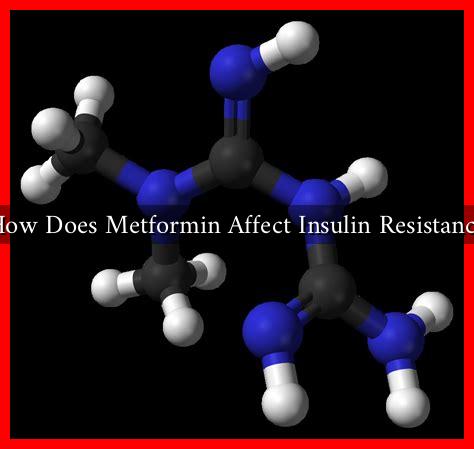-
Table of Contents
- How Does Metformin Affect Insulin Resistance?
- Understanding Insulin Resistance
- What is Metformin?
- Mechanisms of Action: How Metformin Improves Insulin Sensitivity
- Clinical Evidence Supporting Metformin’s Role in Insulin Resistance
- Case Studies: Real-World Applications of Metformin
- Conclusion: The Future of Metformin in Managing Insulin Resistance
How Does Metformin Affect Insulin Resistance?
Metformin is a widely prescribed medication primarily used to manage type 2 diabetes. Its role in improving insulin sensitivity has garnered significant attention in both clinical and research settings. This article delves into how Metformin affects insulin resistance, exploring its mechanisms, benefits, and implications for individuals with insulin resistance.
Understanding Insulin Resistance
Insulin resistance occurs when the body’s cells become less responsive to insulin, a hormone that regulates blood sugar levels. This condition is a hallmark of type 2 diabetes and is often associated with obesity, sedentary lifestyles, and genetic factors. When insulin resistance develops, the pancreas compensates by producing more insulin, leading to hyperinsulinemia. Over time, this can result in various health complications, including cardiovascular disease and metabolic syndrome.
What is Metformin?
Metformin, a biguanide class medication, has been used for decades to treat type 2 diabetes. It works primarily by:
- Reducing hepatic glucose production
- Enhancing insulin sensitivity in peripheral tissues
- Improving glucose uptake and utilization
- Delaying intestinal absorption of glucose
These mechanisms make Metformin a cornerstone in the management of insulin resistance and type 2 diabetes.
Mechanisms of Action: How Metformin Improves Insulin Sensitivity
Metformin’s effectiveness in combating insulin resistance can be attributed to several key mechanisms:
- Activation of AMPK: Metformin activates AMP-activated protein kinase (AMPK), an enzyme that plays a crucial role in cellular energy homeostasis. AMPK activation enhances insulin sensitivity and promotes glucose uptake in muscle cells.
- Reduction of Hepatic Glucose Production: By inhibiting gluconeogenesis in the liver, Metformin decreases the amount of glucose released into the bloodstream, thereby lowering blood sugar levels.
- Alteration of Gut Microbiota: Recent studies suggest that Metformin may positively influence gut microbiota composition, which can further enhance insulin sensitivity and metabolic health.
Clinical Evidence Supporting Metformin’s Role in Insulin Resistance
Numerous studies have demonstrated the efficacy of Metformin in improving insulin sensitivity:
- A study published in the Journal of Clinical Endocrinology & Metabolism found that Metformin significantly improved insulin sensitivity in overweight adolescents with insulin resistance.
- Another research article in Diabetes Care reported that Metformin treatment led to a 25% reduction in insulin resistance among participants with type 2 diabetes.
These findings underscore Metformin’s potential not only as a diabetes medication but also as a therapeutic agent for individuals struggling with insulin resistance.
Case Studies: Real-World Applications of Metformin
Several case studies illustrate the positive impact of Metformin on insulin resistance:
- Case Study 1: A 45-year-old woman with obesity and prediabetes was prescribed Metformin. After six months, her fasting insulin levels decreased by 30%, and her HbA1c levels improved significantly.
- Case Study 2: A 60-year-old man with metabolic syndrome started Metformin therapy. Over a year, he lost weight, and his insulin sensitivity improved, as evidenced by a reduction in his HOMA-IR score.
Conclusion: The Future of Metformin in Managing Insulin Resistance
Metformin has proven to be a valuable tool in the fight against insulin resistance and type 2 diabetes. Its multifaceted mechanisms of action, supported by clinical evidence and real-world case studies, highlight its effectiveness in improving insulin sensitivity. As research continues to evolve, Metformin may also find applications beyond diabetes management, potentially benefiting individuals with metabolic disorders and even polycystic ovary syndrome (PCOS).
In summary, Metformin not only helps lower blood sugar levels but also plays a crucial role in enhancing insulin sensitivity, making it an essential medication for those grappling with insulin resistance. As we advance our understanding of this medication, it is clear that Metformin will remain a cornerstone in metabolic health management.

